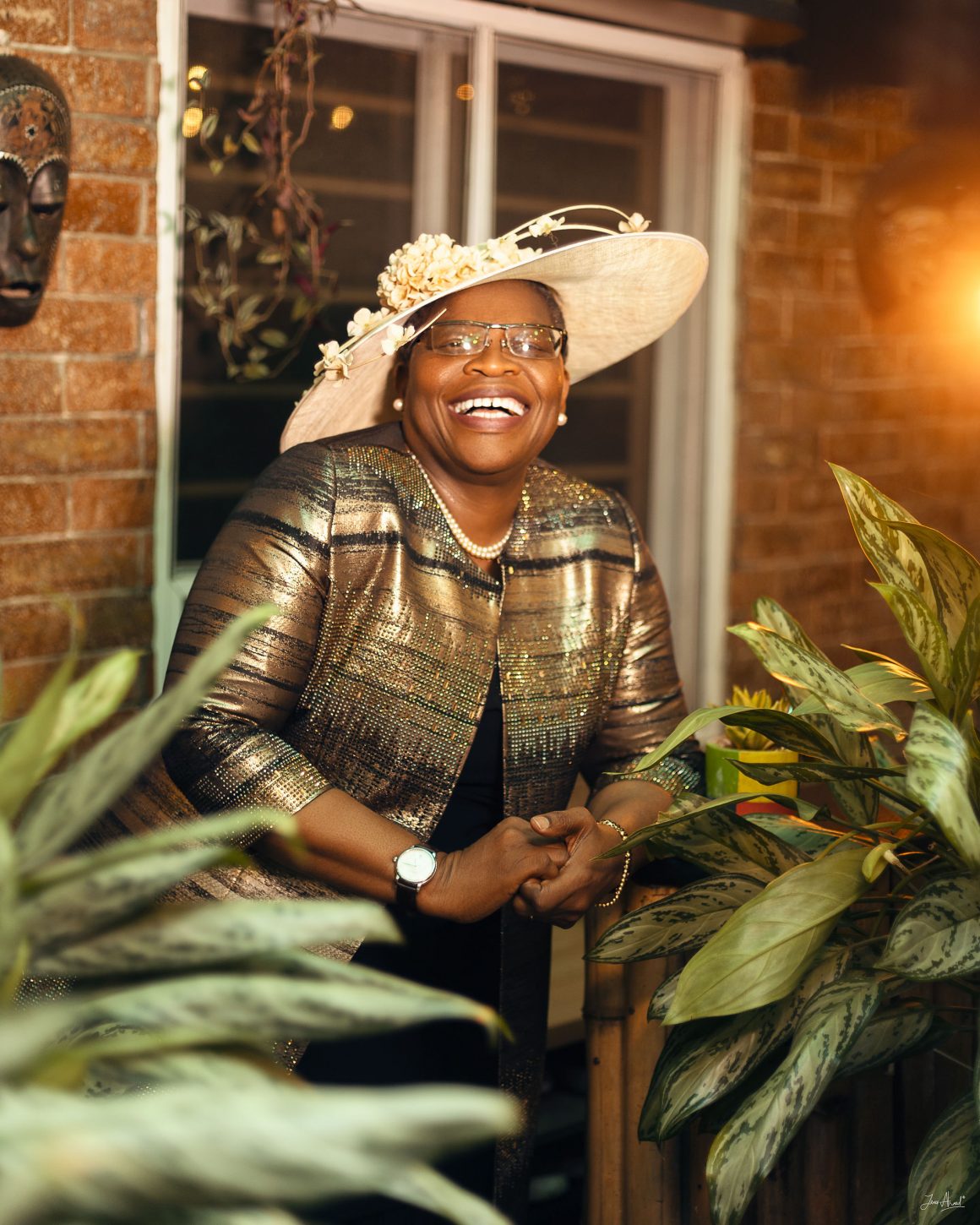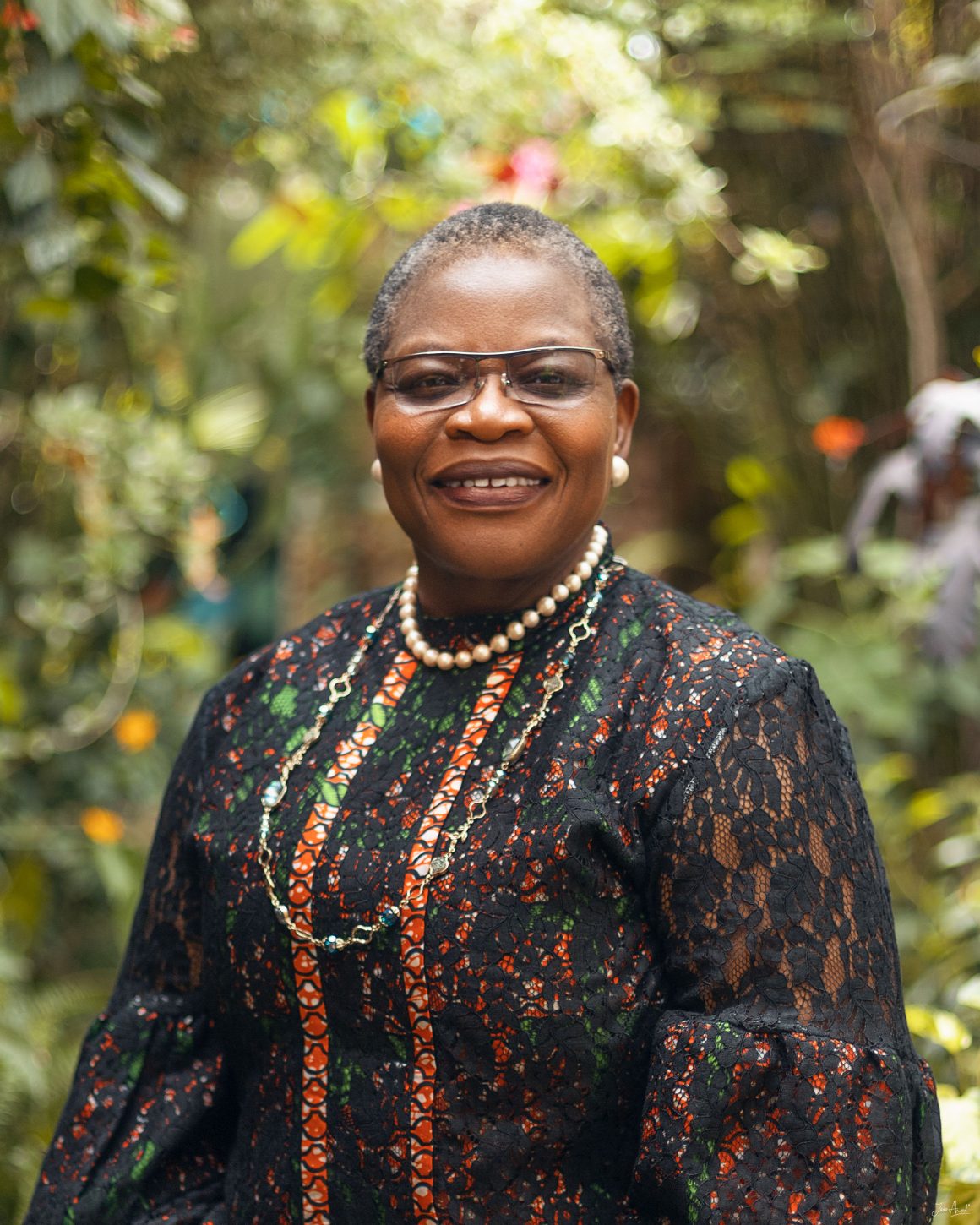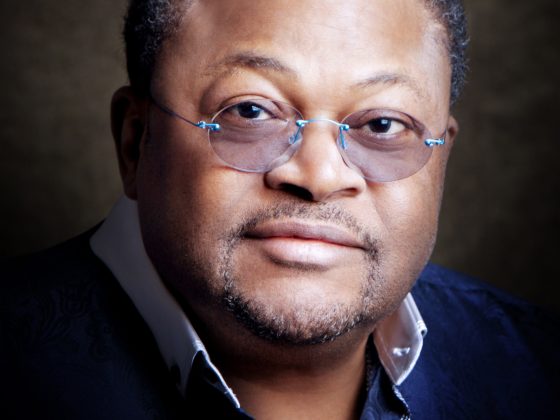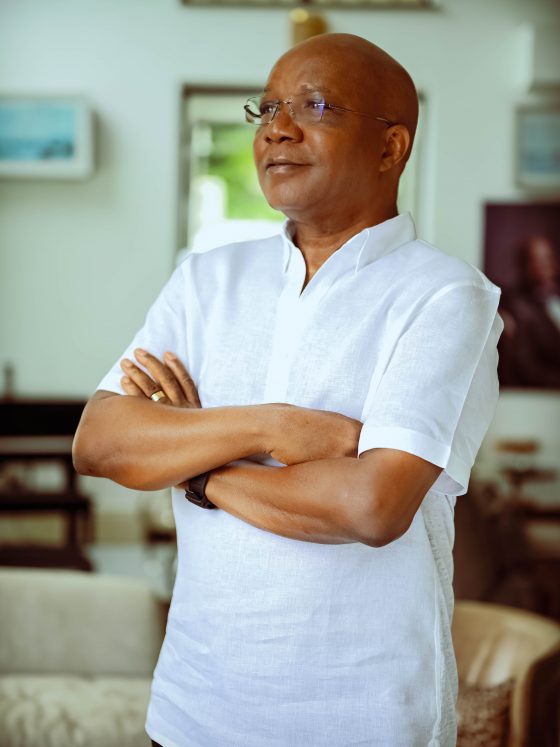A name synonymous with excellence, intelligence, and hard work, Oby Ezekwesilli is an economist and politician who has dedicated her life to the pursuit of economic development, transparency, accountability, and good governance in Africa. She is most popular for her role as former Vice President for the World Bank’s Africa region, which saw her overseeing the bank’s operations and strategy in 48 countries across sub-Saharan Africa. Before this, she served as Nigeria’s Minister of Solid Minerals and then as Minister of Education.
One of the most notable aspects of Ezekwesili’s career has been her advocacy for transparency, accountability, and good governance in Africa, earning her the nickname “Madam Due Process”. She has been a vocal critic of corrupt practices in the public sector and has worked tirelessly to promote transparency and accountability in government. She co-founded the anti-corruption organisation Transparency International and has been recognised globally for combating corruption. In 2014, over 200 girls were kidnapped from their school in Chibok, Nigeria, by the terrorist group Boko Haram. Although most of the girls have yet to be rescued, Ezekwesili’s efforts have kept their plight in the public eye. Ezekwesili led a campaign demanding their rescue, and the #BringBackOurGirls movement gained international attention.
As she turns 60, she continues to inspire people worldwide with her dedication to economic development, good governance, and human rights. Her life and career testify to the power of hard work, perseverance, and commitment to a cause. In this exclusive interview she speaks to us about turning 60, her trailblazing career and hopes and expectations for the country’s future.
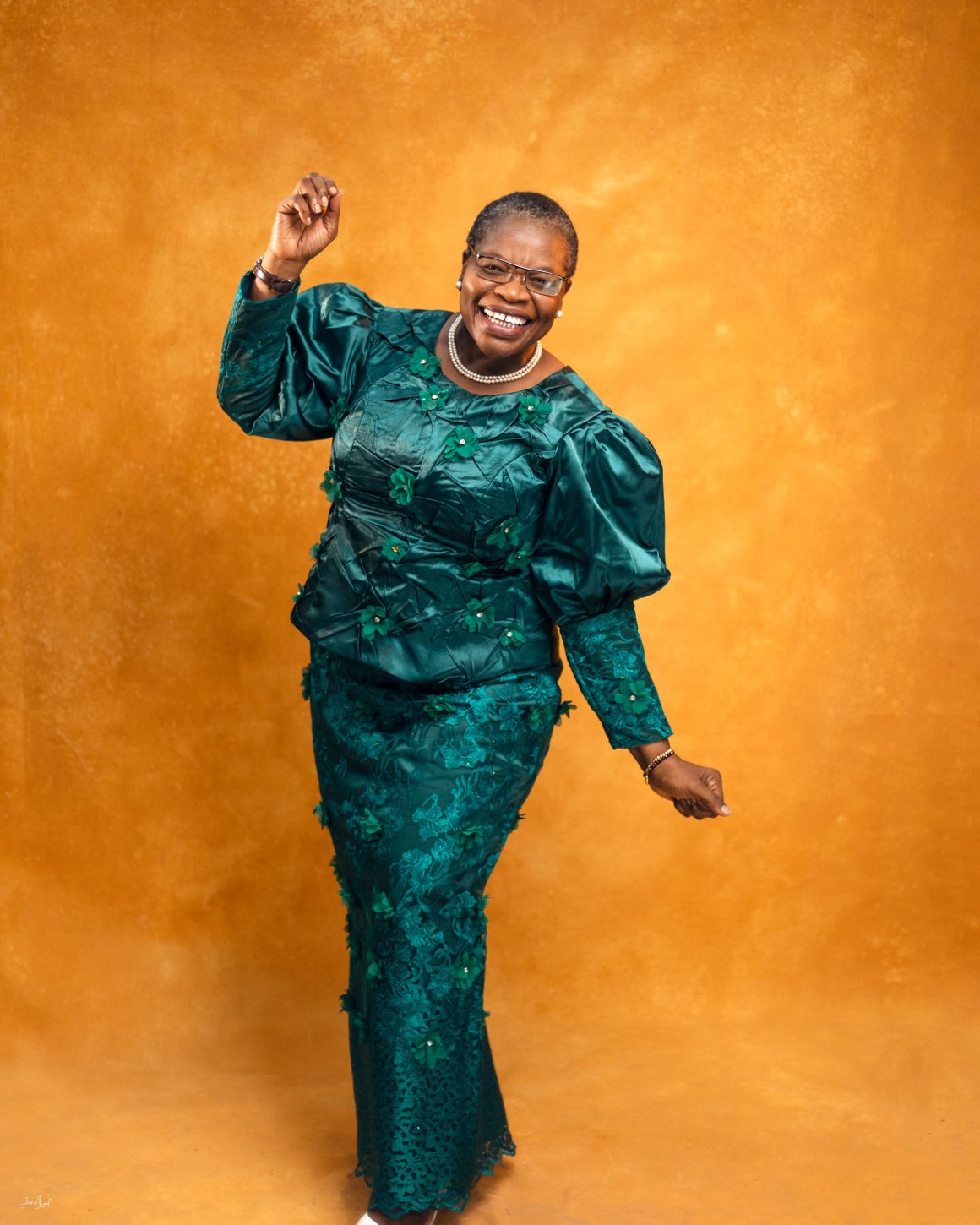
Congratulations again, ma , on your 60th birthday. As we reflect on your journey, can we speak about some of the most valuable lessons you learnt during your formative years that shaped you into the woman you are today?
Fundamentally, my parents were people of values. My father would often say to us, “We may not be rich in money, but we are wealthy in values.” This stuck with me as a child and my dad helped us understand that having strong values is more important than money. When I talk about my parents, people often give feedback about the strong values environment in which I was raised. My dad placed a strong emphasis on knowledge. He instilled a love for learning in my mother and us. He respected knowledge greatly and often said, “I may not leave you any landed assets, but I am going to leave you with the best education I can possibly give you.” He wanted us to stay on the right side of the law and would remind us that if we broke the law, trouble would surely find us. My dad was a man with a strong personality and he and my mom were an incredible team. My mom was very entrepreneurial and hardworking. Until her passing, she couldn’t stomach the idea of someone sitting around and not finding something valuable to do with their hands. She was wise and personified the idea of service and sacrifice. She could take in anyone and raise them as her own, even if she didn’t know them. My upbringing taught me the importance of values, service, and knowledge. These values have followed me throughout my life.
As someone with a remarkable career who has been a trailblazer in various fields, what motivates you to continue pursuing your passion and making a difference in the world?
Because I have a strong belief in living purposefully, I reflect on my dad’s teachings. He instilled in us that everything created must have a purpose and that anything living without a purpose should die. As a child, this was a profound statement, but as I grew older and developed my relationship with God, I realised the importance of connecting with my spiritual being and fulfilling my purpose. This sense of purpose has guided me through life. When people ask me about my ambitions, I don’t simply wake up with a specific goal in mind. Instead, I reflect on the premise that “I serve; therefore I lead.” My dad and my husband, in particular, helped frame this idea for me. My husband once said, “You don’t do jobs, you do assignments.” This resonates with me because I don’t live my life to accumulate wealth or please others. Instead, I seek out assignments with a sense of purpose.
Interestingly, I have never had to apply for any of the positions I have held in my career. After completing my first master’s, I begged to apply to become a chartered accountant at Akintola Williams Deloitte (Deloitte Nigeria), where I trained and eventually became a chartered accountant. Since then, I have been headhunted for all my subsequent roles. Each time, I see it as an assignment, something deeper than just getting a job or a promotion. It is a part of my unique journey. This is not to say that following a different path is wrong; it just means my journey has been distinct.
During your tenure as the Vice President of the African Region at the World Bank, you were instrumental in shaping economic policies on the continent. Please share some valuable insights that you gained during that experience.
One thing about Africa is that it is both diverse and similar, and understanding this context is crucial in policymaking and nation-building. Knowing the political economy context is essential in finding solutions to address developmental challenges. The continent’s diversity opens the mind to incredible differences, including cultural, historical, geographical, economic, and population differences. From big countries like Nigeria, Ethiopia, and DRC Congo to tiny countries like Botswana, Togo, and the Benin Republic, the differences are staggering. Even social formations differ, with eclectic societies like Nigeria compared to more homogenous Botswana. These diversities hold great potential for innovation and creativity. However, there are also similarities; unfortunately, most of these are on the liability side. Poor governance, tragic political leadership, a lack of access to opportunities, and weak institutional capacities to execute things efficiently are some of the challenges faced in Africa. Although diversity is beautiful, homogeneous enclaves cannot boast of the same opportunities and creativity as diverse environments.
As the Vice President of the World Bank, making sense of these opportunities and challenges was an everyday task. Establishing local ownership of development progress was crucial because all development comes from within. During my time there, I saw firsthand that sound policies could work on our continent. By being more prudent and implementing the right policies and structural reforms, we were able to achieve higher levels of economic growth than we had in the past. I also saw that bold and courageous reforms in sectors that hold opportunities for growth, such as the telecommunications sector, could transform economies. By liberalising the sector and moving the government into the regulatory and policy space, opportunities were opened up to the private sector. In Nigeria, for example, this led to amazing developments in the telecom sector, which served as a template for engaging many presidents on the continent.
Taking responsibility and ownership of development, embracing partnerships, and recognising the applicability of universal theoretical frameworks are key to achieving economic growth and stability on our continent. As the VP of the World Bank for the African region, I worked to promote these principles and saw firsthand the positive impact they could have.
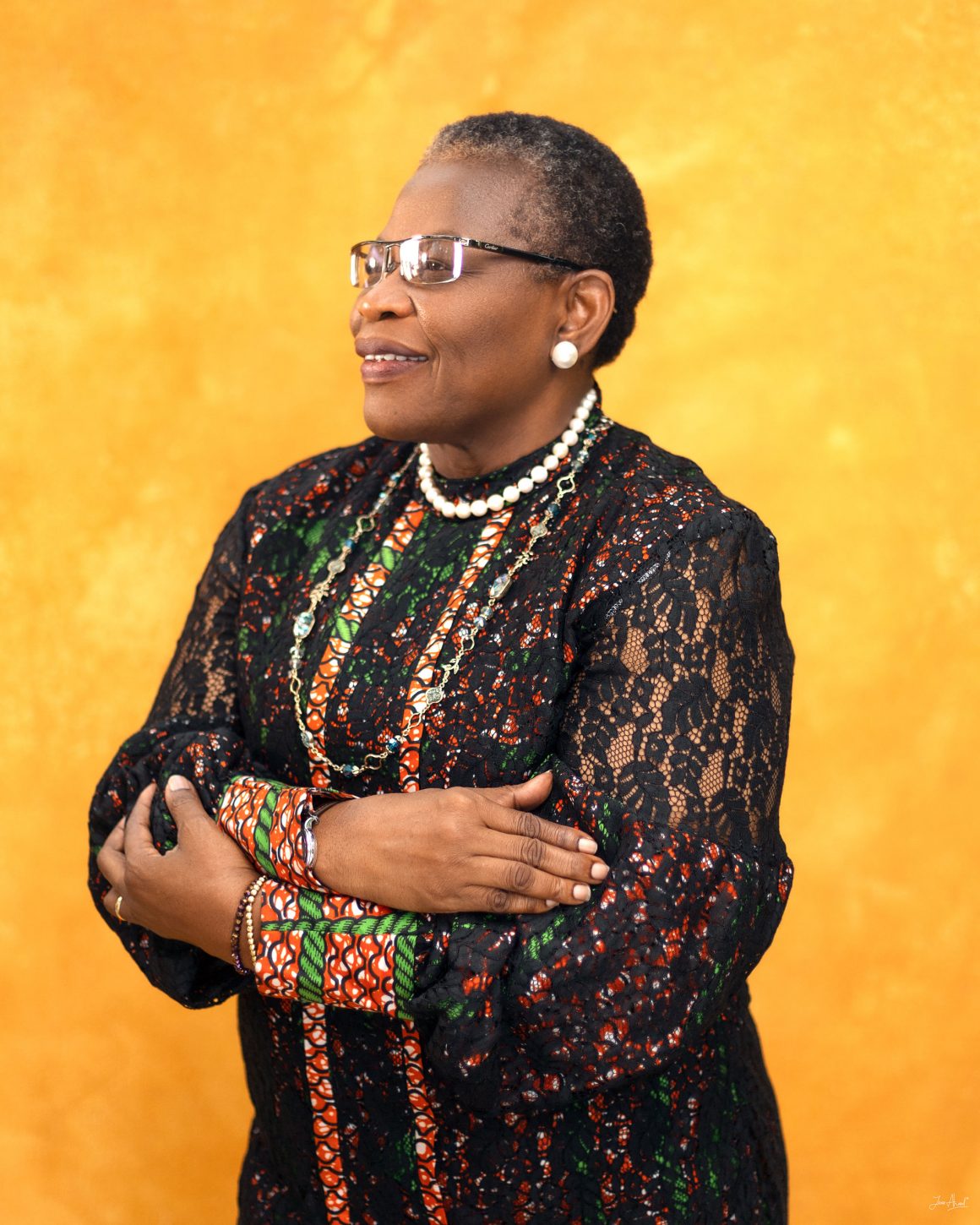
How do you envision the principles of transparency, accountability, and good governance, which have been central to your advocacy efforts, influencing the future of Nigeria and Africa as a whole?
It’s everything. The greatest barrier to the continent’s growth and development and Nigeria’s growth and development is the absence of good governance. We have the engineering capabilities to construct roads, but we have problems with the government systems that make them ineffective in doing so. Similarly, when hospitals are not working, it is not because Nigeria lacks access to adequate medical practitioners. In fact, Nigerians are well-represented among the best doctors worldwide, and people have even encountered Nigerian doctors during medical appointments in the UK.
The problem lies in the absence of good governance. The lack of electricity, water, and other basic necessities is a symptom of this larger problem. Without good governance, these issues cannot be addressed effectively. It is essential to prioritise good governance and reform the government systems that prevent progress. This will require a concerted effort from all stakeholders, including government officials, civil society organisations, and ordinary citizens.
Nigeria has enormous potentials, but this potential can only be realised if we tackle the root causes of our challenges. We need to build strong institutions and promote transparency and accountability at all levels of government. This will create an environment that enables private sector investment, job creation, and economic growth. It will also improve access to basic services such as healthcare, education, and infrastructure.
Research shows that poor governance is the biggest barrier to Africa’s growth and development as well as Nigeria’s. In 2019, I spent time as a Richard von Weizsäcker Fellow, examining the nexus between politics, governance, and underperformance in economic development. I found that this nexus is strong and cannot be ignored. We must address our political system to achieve good governance and, ultimately, growth and development at the necessary pace.
Corruption has been a persistent challenge in Nigeria, undermining transparency and accountability. What strategies do you believe are most effective in tackling this and promoting good governance in the country?
Corruption is not the root cause of poor governance but rather a symptom of a deeper malaise. Simply taking a punitive approach to tackle corruption without addressing its underlying causes would not bring about lasting change. To combat corruption, a trigger of action is needed.
The first and most crucial step is to have credible leadership that mobilises all sectors of society, including the private sector, civil society, government, and citizens, to work together against a climate of tolerance for corruption. This is a key point that needs to be emphasised.
To truly address corruption, structural and institutional changes must be made to fundamentally change the systems that enable it to thrive. Merely carrying a stick to punish corrupt individuals would not solve the problem. It is necessary to address the root causes that lead to corruption in the first place.
As a co-founder of Transparency International, I believe that addressing corruption requires a comprehensive and coordinated approach. We need to address the root causes of corruption and build institutions that are accountable, transparent, and responsive to the needs of citizens.
Ultimately, to combat corruption, we need to mobilise all sectors of society and work together to build a culture of integrity, transparency, and accountability. This will require a sustained effort and a long-term commitment to reform, but it is essential for building a more just and equitable society.
Also, preventive measures must be implemented to reduce opportunities for corruption. However, there will still be some people who will indulge in corruption, which is where sanctions come in. Society must know that corrupt behaviour will have consequences, and law enforcement, prosecution, and adjudication systems should be in place to punish those found guilty. This creates a society where bad behaviour has consequences for individuals and not for society as a whole.
This framework has been implemented successfully in other countries. For example, Hong Kong used to be as corrupt as Nigeria, but citizens mobilised themselves and demanded reforms. The authorities implemented critical reforms that focused on the aspects mentioned earlier. As a result, Hong Kong is now one of the cleanest environments in terms of governance and is a financial nerve centre in the world.
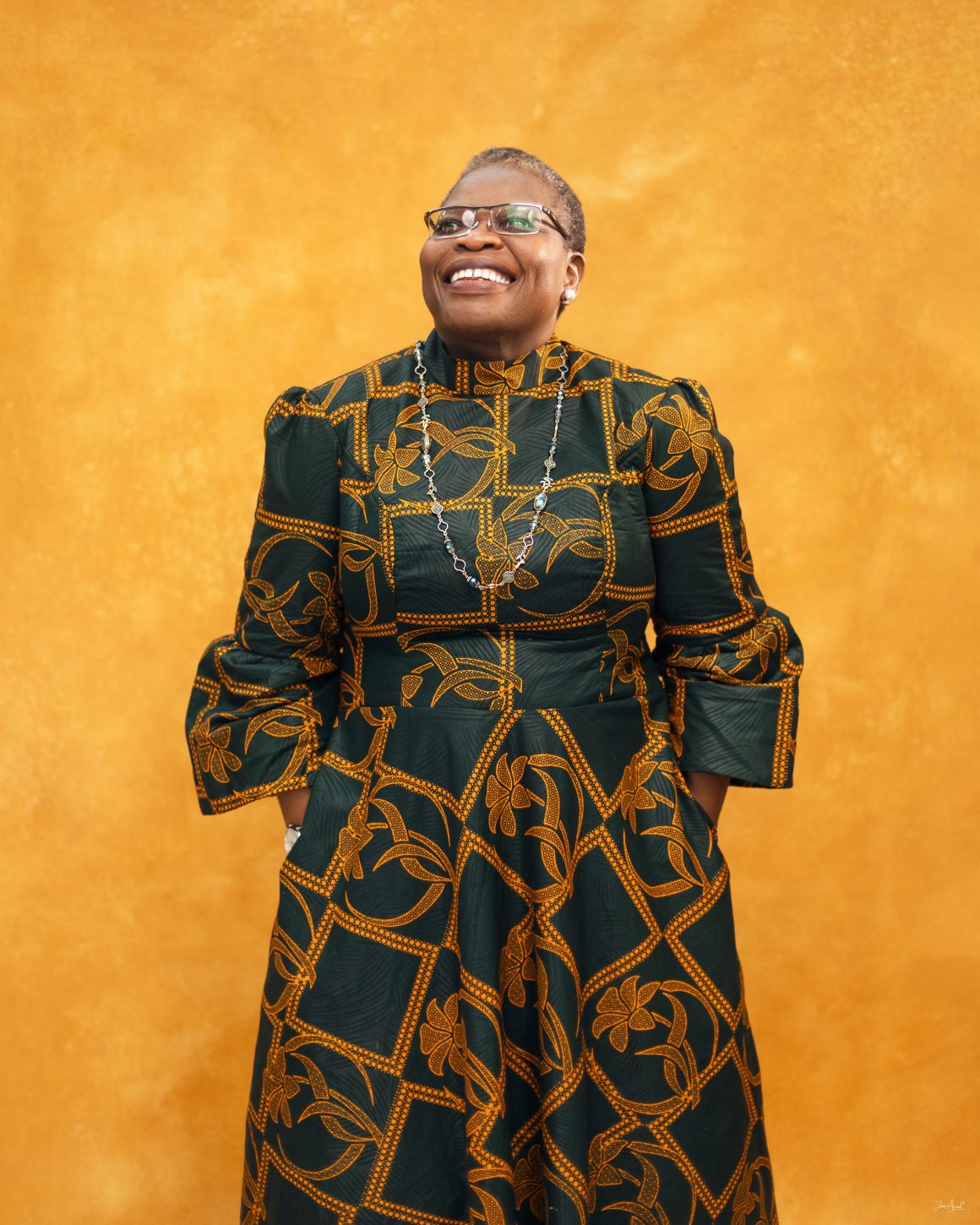
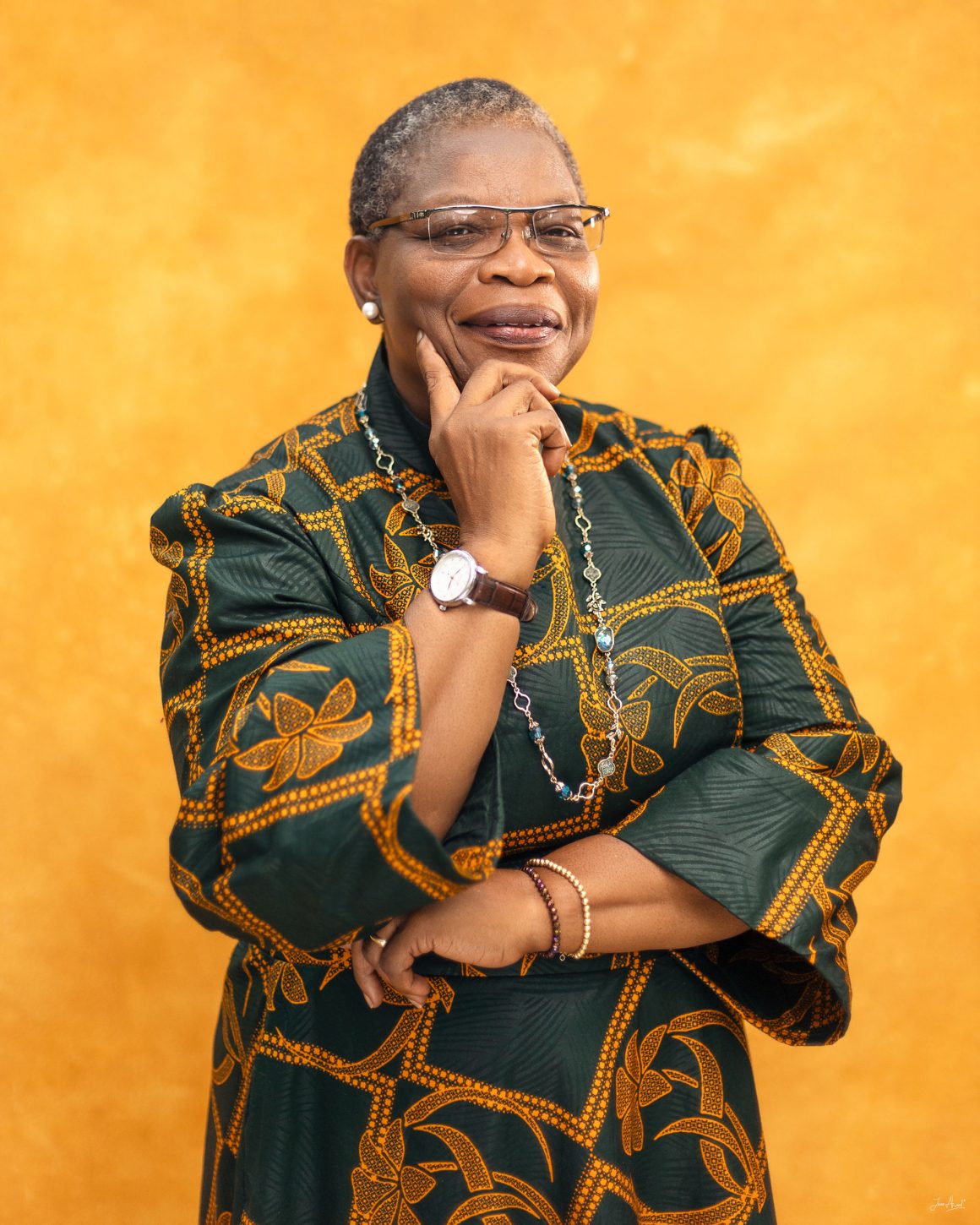
Women’s empowerment and gender equality are also important areas of your advocacy. What progress has been made in these areas in Nigeria, and what further measures need to be implemented to ensure equal opportunities for women in all spheres of life?
Unfortunately, we have not made significant progress in the area of gender equality in Nigeria, and the little progress that was made in the past has been reversed in the last decade or so. Gender inclusion can be measured globally by certain indicators such as girl-child education. While some progress was made in this area, the northern region of Nigeria accounted for most of the disparity between boys and girls in school. The crisis in the northeast and northwest regions, particularly incidents like the Chibok girls and Dapchi girl’s kidnappings, has significantly impacted girls’ education. Parents have been withdrawing their daughters from the school system. As a result, we are seeing a widening disparity in access to education, which is affecting human capital development in our country.
Another important measure of gender inclusion is access to economic opportunities. In Nigeria, women trail behind men in terms of access to productive activities, resulting in more than 60 per cent of women being employed in the informal sector compared to their male counterparts. This disparity is reflected in the high poverty rates, which can range from 50 to 52 per cent at any given time, with more than 60 per cent of people experiencing poverty being women. This phenomenon is often referred to as the “feminisation of poverty.”
Another measure used for gender inclusion is women’s representation in political leadership. This is often measured globally by the percentage of women in parliament. Unfortunately, Nigeria is also declining in this measure, with the percentage dropping from about 8 per cent to 10 per cent in 2011 to about 4 to 5 per cent in the 2019 elections. This figure has further dropped, with only three female senators in the 2023 elections compared to prior years. The number of women in the House of Representatives has also decreased. Nigeria is failing to set an example on the continent, as the average percentage of women in politics in Africa is about 23 to 24 per cent, while Nigeria is at a low of 4 per cent and declining. This is a terrible situation, and other African countries like Rwanda, which have more than 62 per centre female representation in politics, are far ahead of Nigeria. Namibia and Kenya are also doing considerably better in this regard.
This shows that our society is not intentionally working towards closing the gaps between men and women in terms of access to opportunities for development. Research has shown that countries that do not prioritise women’s empowerment are usually at the lower levels of the league table of nations.
Women’s empowerment is a sign of a country’s wisdom and a desire to develop faster. It is not possible to achieve development with only 50 per cent of the population involved. Both men and women are needed to achieve maximum productivity. Neglecting the other 50 per cent of the population, in this case, women hampers the growth of families and communities. It is a disservice to society when men fail to recognise the harm they do to society by disregarding women and remaining entrenched in their traditional mindset. We need more “He for She” men who understand that the agenda of women is not only for women but for the family, community, and country at large. The next set of parliamentarians should prioritise bringing back gender bills and passing them, as they are vital to the productivity of society. These bills are based on empirical evidence of what it takes for women to be integrated into society to contribute to the maximum extent possible.
Can you please share some of the leadership, activism, and social change lessons you’ve learned that could inspire the next generation of leaders in Nigeria and beyond, considering your reputation for boldness and speaking out in advocating for change?
One critical lesson that my father taught me is to own my voice and my choices. It is important to analyse and understand what you are opining on and speak up using your voice. Therefore, my number one advice to anyone is to be their own person and not take a stand just because someone else has taken one.
I personally own my voice and have a clear sense of what I believe is right and wrong. For instance, when I woke up to the news of children being killed and burned to ashes and the government not taking any action while planning a centenary celebration in the same period, I spoke out against it. I do not agree with this, and I am not afraid to put my voice out there, regardless of whether people like or dislike what I have to say.
The bottom line is that everyone should own their voice and make their choices based on their beliefs and values. By owning my voice, I am not forcing anyone to take my perspective as theirs. However, if my voice helps someone construct their pattern of engagement with society, that is great.
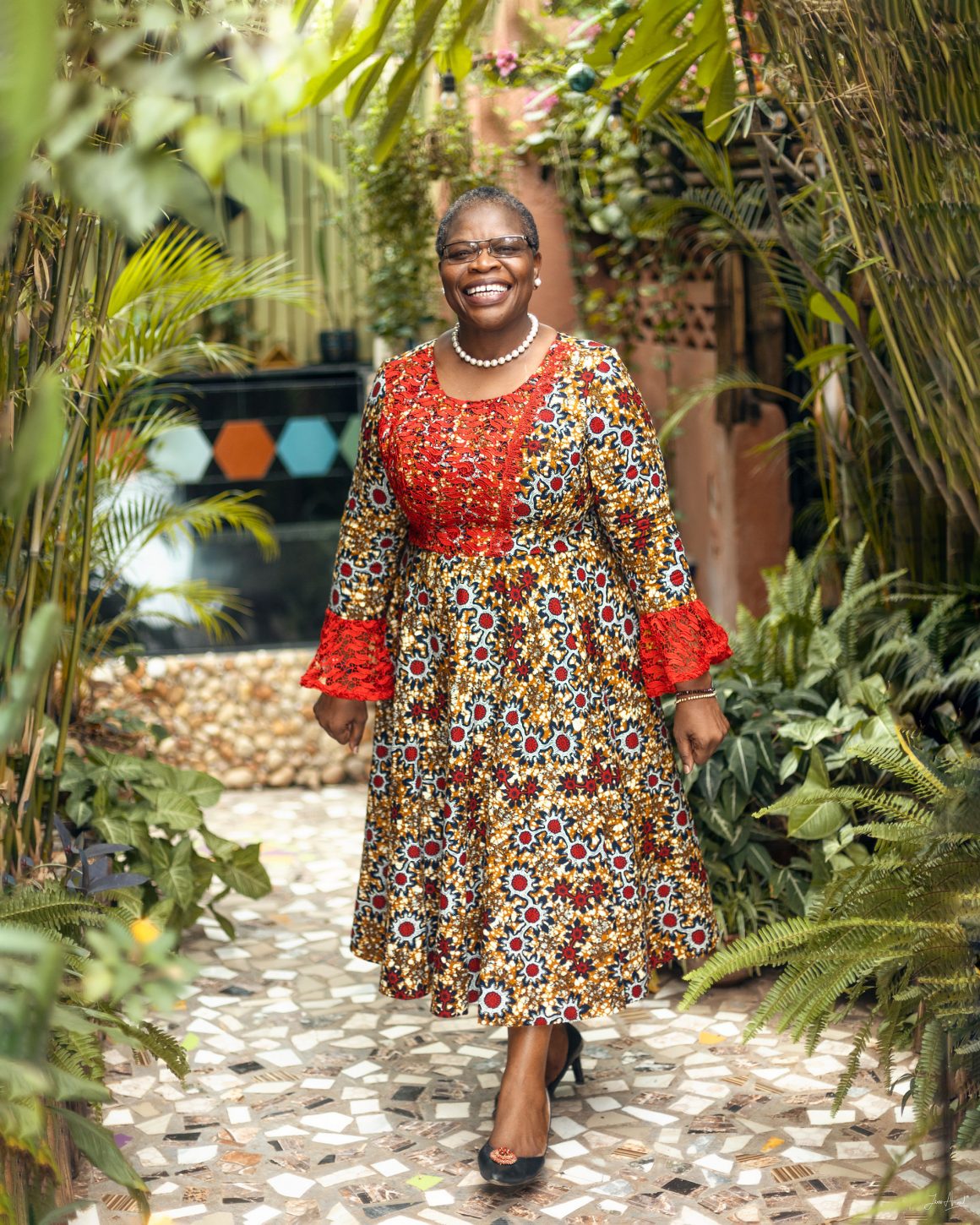
As Nigeria prepares for a new administration, what are your hopes and expectations for the country’s future? What key priorities do you believe should be addressed by the incoming government?
I believe that the topmost responsibility of any incoming government, once the political issues are resolved and a duly constituted government is in place, is to unify the country. The current state of Nigeria is deeply divided, and it is a terrible legacy that President Muhammadu Buhari is leaving behind for the country. It is unbelievable that history will remember President Buhari for leaving Nigeria worse than he found it. The social fabric of society has been torn apart, and political conflicts are rampant. Even the younger generation has resurrected ghosts from the past, wrapping themselves around them in a dangerous way. The tone of the conversation has become increasingly aggressive, and friends have become enemies. This country needs to be reunited as much as possible, and Nigerians must engage in genuine dialogue, not artificially constructed conferences, but an honest discussion. Nigerians are mature people and often mirror their leaders in many ways, going with the wind in the direction the leader is taking them.
Once Nigeria gets leaders who care about the common good, its citizens will also become interested in the common good of society. The number one duty of any government should be to reunite the country.
Nigeria has immense potential for growth and development in various sectors, including agriculture, energy, and human development. To achieve this, the government must prioritise implementing evidence-based sound policies and the right institutional, regulatory, and bureaucratic reforms. The institutional environment needs to be reformed to reward hard work and honesty while punishing indolence and corruption.
So what have you been up to lately? What typically is a day like in the life of Oby Ezekwesilli?
You know, I went into politics as a frustrated citizen who had witnessed the lack of power to effect any change beyond mere outcry on behalf of children and their parents who had no voice. It was essentially me putting myself out there and asserting that my voice would get the attention these young girls deserved and that their parents’ poverty was the reason for their marginalisation. However, upon entering the field, I discovered that the problem was more than just with the government itself; politics happens before the government. This realm exposed me to the rot that creates the issues we see in government. Ultimately, I stepped down from my position because I refused to negotiate my values. My father instilled in me the importance of never negotiating my values, so I could not compromise this way.
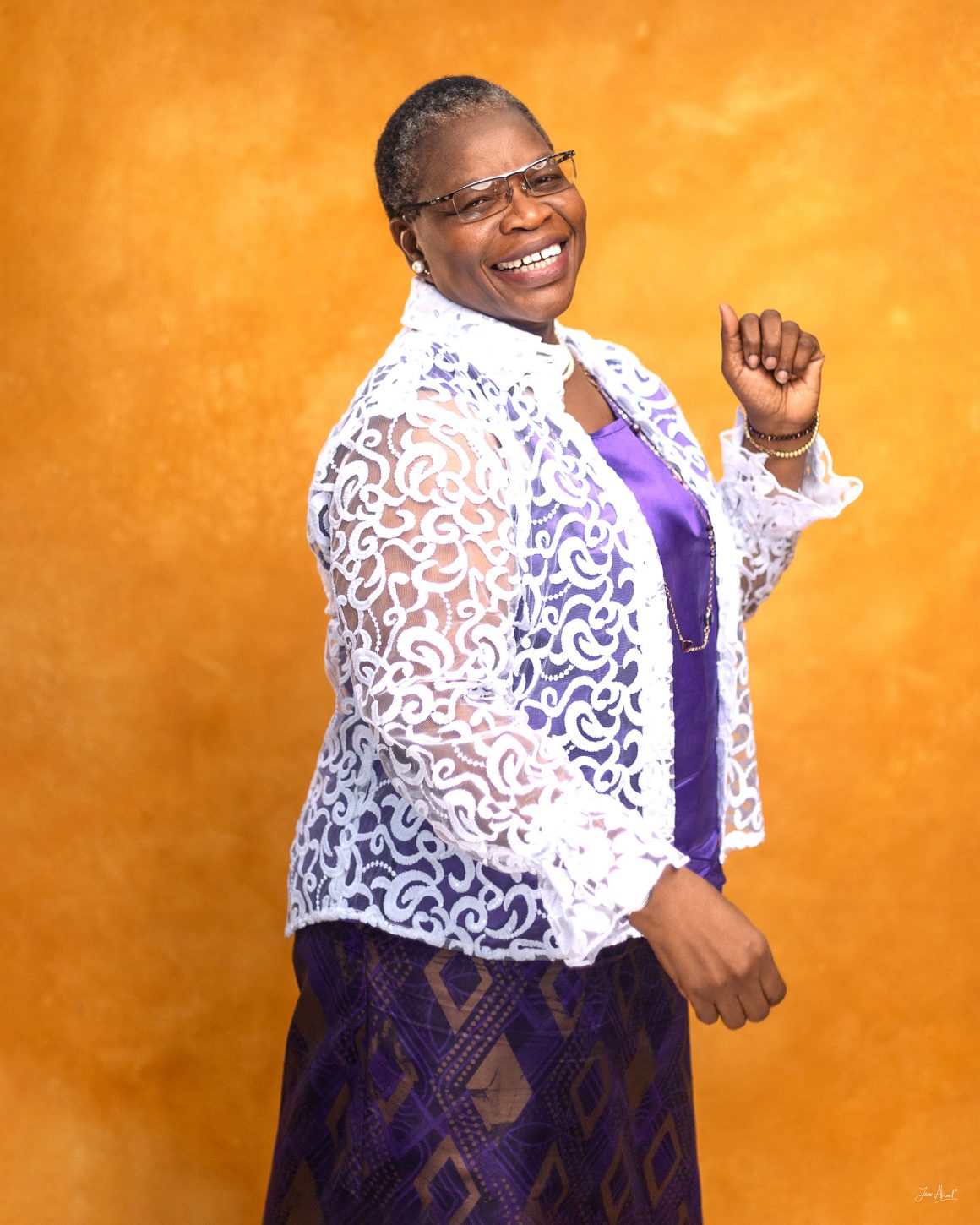
After stepping down, I went to study the phenomenon of African politics and its connection to poor governance. I became a Richard von Weizsäcker Fellow at the Robert Bosch Academy in Berlin and conducted this research. This research resulted in what we now call “Fix Politics.” And so, Fix Politics became an initiative to address the structural problems that have played a role in making African politics what it is today. The kind of politics that has entrenched a pattern of behaviour, turning it into a monopoly democracy, which is an aberration.
We have the Fix Politics initiative to correct for the monopoly effect and the distortions it creates, which includes the School of Politics, Policy, and Governance. I spend a lot of my time implementing the findings of the Fix Politics research, which means we are trying to correct the distortions in politics step-by-step. The School of Politics, Policy, and Governance is raising a new set of political leaders. The first cohort of 160 people graduated, and the second cohort of 134 people are currently training. The school is expanding, and we plan to expand first into Senegal, followed by six other countries, including Ghana, Mali, Cameroon, Kenya, Namibia, and Zimbabwe.
Fifty-five (55) graduates from the School of Politics, Policy, and Governance contested in the primaries of different parties during the 2023 election. Eight of them successfully secured tickets across several parties. Unfortunately, none of them won the election, but for me, it’s a long-term effort, and that’s what my life is about. The Fix Politics initiative aims to correct the continent-wide issue of failing politics that has left the people on the continent feeling let down.
I also enjoy focusing on what we call Human Capital Africa, which is the organisation I’m a part of along with people like President Banda, Trevor Manuel (former Minister of Finance of South Africa), Karwala, Ramatu Iduawaye of Mali, and many others. Our mission is to address the issues of education and human capital on the continent. Unfortunately, the continent has historically prioritised natural resources over human capital, which is not the path to sustainable growth. Studies have shown that nine out of every ten African children need to achieve the minimum proficiency level in literacy and numeracy by a certain age, so we are mobilising leadership and policy leaders to correct this issue. This initiative takes a substantial amount of my time because it is policy-based. In addition, I sit on a large number of boards globally, both in the public and private sectors. This is a busy season of life for me, especially as I am post-retirement. If someone wants me to do something or invites me to an event, they need to give me at least six months’ notice because my schedule is always full.
In what ways do you envision your contributions to Nigeria and the African continent leaving a lasting legacy?
My dad once said that the best use of privilege is to create opportunities for those who don’t have them. To me, this means that one’s life should be about giving back in every way possible. When I was in government, governance was at the centre of everything I did. One of my priorities was to improve the due process of public procurement to enable the country to get more value for money in public expenditure. This reform eventually led to the creation of the Bureau for Public Procurement (BPP), which now works to ensure transparency and accountability in public procurement. Overall, my goal in government was to ensure that more money was being used for the betterment of the country and its people and not being misappropriated or squandered in poor usage. I believe that creating opportunities for others and being transparent and accountable in government are crucial steps towards achieving this goal.
